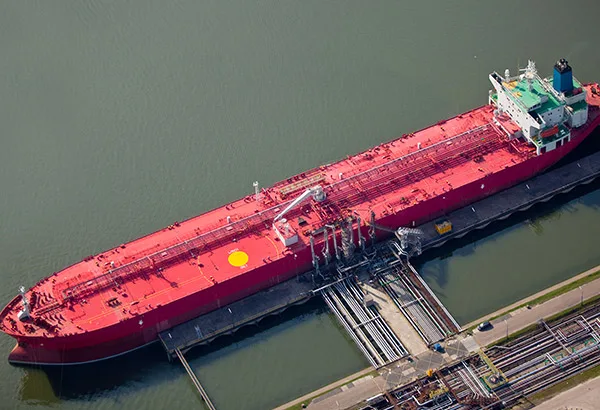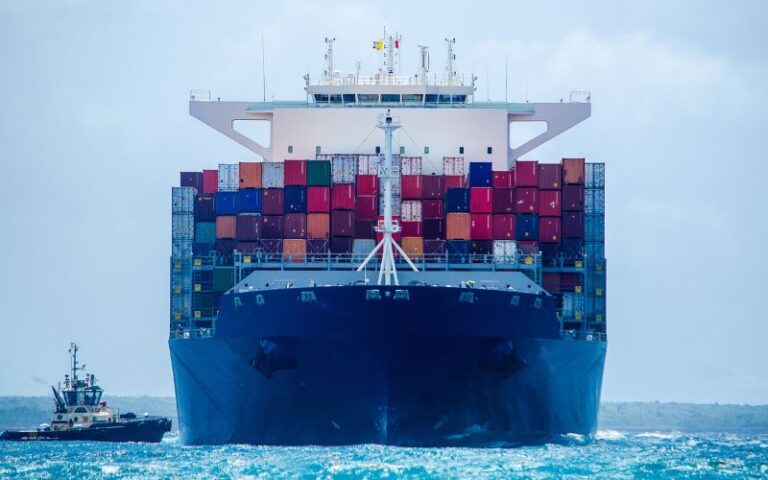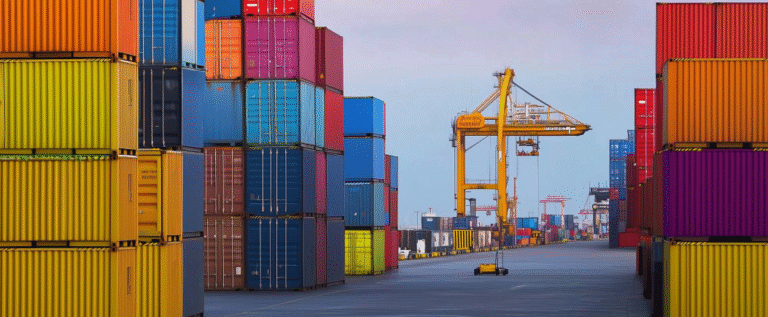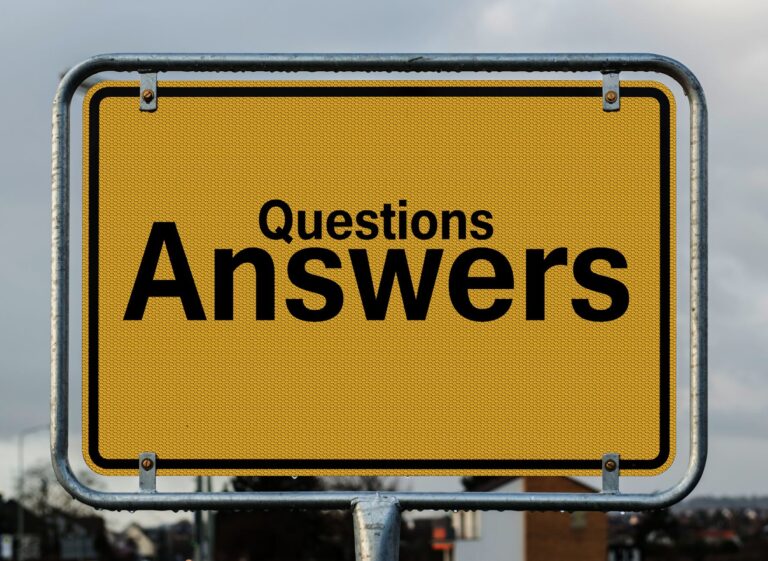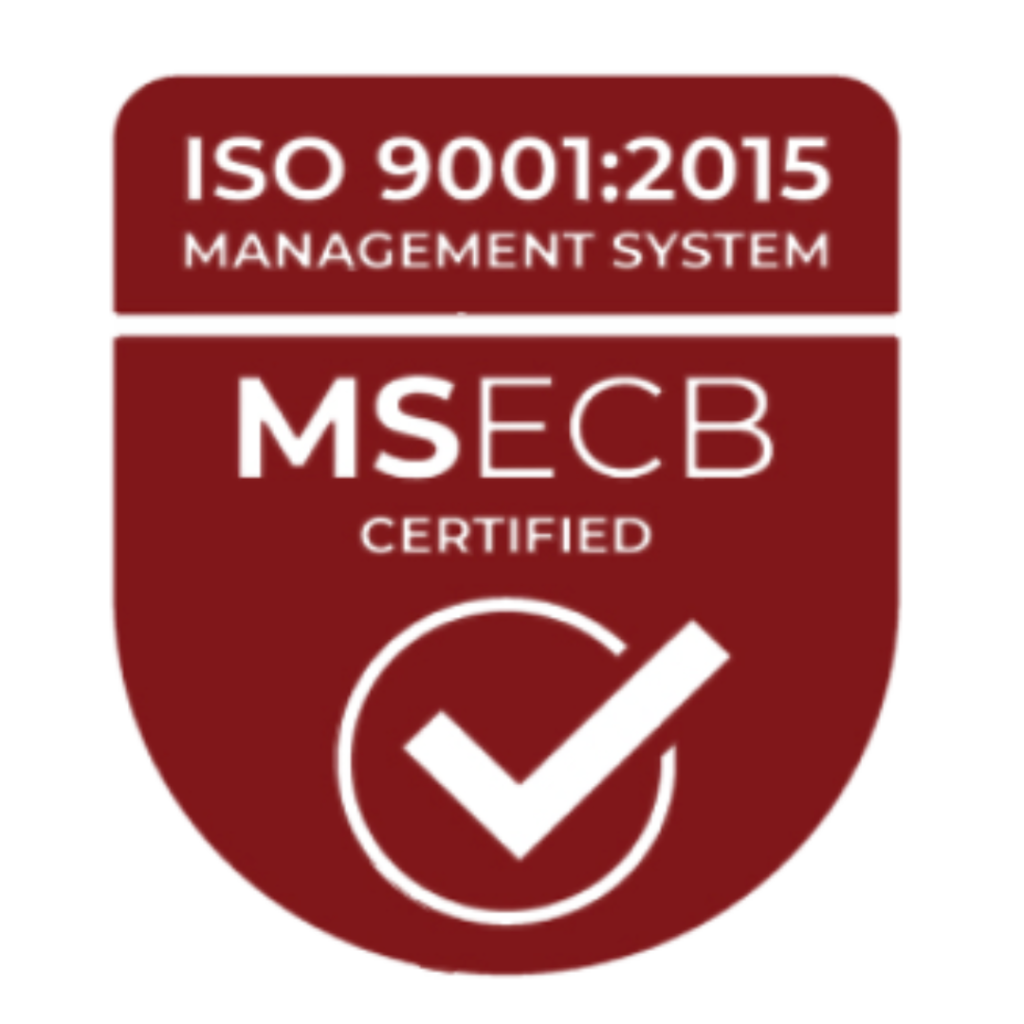Perhaps the most delicate and strictly regulated activity in any harbor is tanker operations, whether they involve chemicals, petroleum products, crude oil, or LNG. They demand integrated safety management, speed, accuracy, and environmental integrity. When dealing with such high-risk operations, a shipping agency plays a vital role in managing so that every aspect of a vessel’s call is performed to perfection from arrival to departure.
This article summarizes the major functions of a shipping agency in tanker operations, i.e., West African ports such as Lagos (Apapa), Warri, Onne, and Port Harcourt, where a mix of red tape, infrastructural limitations, and insecurity necessitate the use of an agency.
1. Pre-Arrival Preparation & Documentation
Begin the shipping company operation in advance of a tanker arrival within Nigerian waters. Good pre-arrival planning will ensure a smooth operation with no complications at all. A worthy agency should:
- Notify the appropriate authorities, like NPA, NIMASA, Nigerian Customs, Port Health, and the Department of Petroleum Resources (DPR), of all Pre-Arrival Notices (PANs).
- Prior to arriving at the berth, check the availability of berths and work with terminal operators to plan a berthing opportunity.
- Handle your secure terminal access documentation, including ISPS clearances, Material Safety Data Sheets (MSDS), Q88 ship profiles, and pre-inspection advisories.
- Perform terminal screening or vetting, especially for premium terminals like SPDC Forcados, Chevron Escravos, and NLNG Bonny.
- Obtain and pre-lodge required paperwork, such as bunker fuel reports, crew lists, cargo declarations, and maritime health declarations.
Ensure that the vessel is compliant with all port compliance issues, i.e., vapor recovery systems, shore-side pressure limitations, or emergency preparedness for response.
2. Pilotage, Tug Coordination & Mooring Assistance
The mooring of a tanker is among the most sensitive and risky stages in marine operations and needs skilled coordination and timing. An efficient shipping agency takes care of:
- Reserving pilot boarding by port-approved service providers, with pilots reserved to board at the anchorage or fairway buoy without waiting time.
- Ordering tugboats based on the vessel’s deadweight tonnage, weather, and terminal-specific requirements. The agent must contact tug operators to reserve adequate tug power and standby support during the berthing or unberthing operation.
- Co-ordination with the mooring parties (terminal nominated/ independent contractors) for safe berthing of the ship with a reasonable distribution of mooring lines and fender positioning.
- Supervision of loading arm or flexible hose connections, particularly in the case of LPG, LNG, and chemicals tankers, where vapour handling, process product compatibility, and emergency disconnect procedures are critical.
3. Terminal & Cargo Co-ordination
With the agent by their side, their levels of activity rise. They become the primary link between the ship and shore interests, handling:
- Constant contact with terminal operators to coordinate cargo loading or discharge schedules and ensure that everyone agrees on flow rates and amounts.
- Monitoring shore tank availability, verifying ullage, product grade compatibility, and temperature match vessel discharge plans.
- Organizing sampling and laboratory analysis of cargo to meet charter party quality specifications and avoid any contamination or demurrage problems.
- Overseeing gauging operations and simultaneous tallying, offering clear measurement for financial and operational transparency.
- Preparing or procuring essential documentation such as Certificate of Quantity, Certificate of Quality, and Bills of Lading, and having them endorsed and stamped by all concerned parties—Master, terminal, independent surveyor, and customs authorities.
4. Crew Support & Compliance Assistance
Shipping agents play a very significant role in tanker operations, both for crew welfare and regulatory compliance. Their roles in this aspect are:
- Immigration & Customs Formalities
-
- Arrange for shore passes, crew change clearance, and transit visas for on-signers and off-signers
- Handle immigration officers and arrange for the speedy processing of crew documents
- Medical Assistance & Health Protocols
-
- Arrange medical treatment in case of illness or injury
- Getting Port Health Authority permission for treatment
- Place orders for COVID-19 PCR tests, vaccination, or other medical screenings necessitated by port regulations
- Crew Welfare & Supplies
-
- Organize freshwater deliveries, provisioning, and bunkering schedules
- Plan the spare parts issue at appropriate times in order not to interfere with cargo activities
- Monitor local availability and ensure logistical optimization of all crew-related supplies
- Security Coordination for Crew Safety
-
- Provide real-time security updates on local conditions—especially in sensitive areas like Bonny or offshore terminals
- Arrange armed escort boats or onshore security support as needed
- Liaise with the Nigerian Navy and private maritime security firms to safeguard the vessel and crew
- Environmental & MARPOL Compliance
-
- Ensure vessel adherence to MARPOL protocols, such as sludge disposal operations, ballast water management, and garbage and waste disposal standards
- Liaise with environmental inspectors, terminal safety teams, and port state officials to meet all standards of compliance
- Skip expensive fines or detentions by being document-ready and inspection-ready
A conscientious shipping agent arranged for all crew assistance and compliance with laws promulgated with fastidious attention, a safe voyage, and smooth movement of the ship, along with owners’ and authorities’ satisfaction.
5. Emergency & Contingency Response
Tanker operations are high-risk activities—from gas leaks to oil spills, mooring failure, and fire. The reputable shipping agency has an established emergency response plan and should:
- Offer 24-hour 7-day communication with the marpol police, pollution departments, environmental agencies, and fire authorities
- Activate the Local Oil Spill Contingency Plan (OSCP) whenever the need arises under DPR/NOSDRA guidelines
- Ensure provision for recording and reporting incidents to the Nigerian Maritime Administration (NIMASA) or the Port State Control (PSC)
- Provide port closing advice immediately for bad weather or security threat scenarios
6. Disbursement Account (DA) Management
Tanker operations are often followed by costly port charges and prolonged idle time. A good agency helps clients be cost-efficient by:
- Issuing a pro forma disbursement account (PDA) in advance to plan port costs
- Providing a final disbursement account (FDA) after sailing, with all substantiating receipts and invoices
- Negotiating better rates with service providers (pilots, tugs, surveyors)
- Offering financial transparency with concise, clear, and audited billing.
7. Departure Clearance and Final Documentation
Before tanker sailing:
- Complete and clear cargo documentation with customs
- Get port clearance certificate and terminal release note
- Arrange pilot boarding and tug services for unberthing
- Clear crew lists, departure reports, and NOE (Notice of Exit) with immigration
- Submit final sailing reports to stakeholders, including charterers, owners, and receivers
8. Post-Departure Support
Even after sailing, the duties continue:
- Follow up with customs and revenue authorities to finalize cargo manifests
- File reports of arrival and departure with the Nigerian Ports Authority (NPA)
- Assist in monitoring and protesting any unforeseen charges or port penalties
- Aid in providing documentation for vetting inspection or charterer audit
Why Wolid International Ltd Is Your Best Choice for Tanker Agency Services in Nigeria
When each berth hour matters and non-compliance costs millions, you need a shipping agent with deep local expertise and a reputation for reliability. That’s exactly what Wolid International Ltd delivers.
Wolid greets your ship with the utmost precision, professionalism, and speed thanks to his more than ten years of practical expertise operating tankers in Nigeria’s biggest oil and gas ports, Apapa, Tin Can, Warri, Onne, and Port Harcourt.
Leading charterers, terminal operators, and shipowners throughout the world rely on Wolid’s staff for everything from pilot coordination and berth booking to real-time discharge tracking, customs clearing, or safe crew logistics.
- NIMASA, NPA, and relevant port authorities registered
- Crude, product, chemical, and LNG tanker experience
- Competitive local tariffs and transparent disbursement accounting
- 24/7 on-ground support team for vessel and crew welfare
Don’t take a chance with your operations. Choose a local partner who knows the ins and outs of West African ports and has a successful track record of delivery.
Call us today: +234 (0)803 713 7387
Email: info@wolidinternationalltd.net
Visit: www.wolidinternationalltd.net
Conclusion
Tanker operations are not business-as-usual; they are governed by tight safety margins, environmental factors, and regulatory compliance. The success of each voyage depends in large part on the competence of the shipping agency that is representing the vessel.
Each voyage’s success is largely dependent on how well the shipping company representing the vessel performs. When it comes to everything from mooring safety and paperwork compliance to real-time contact with terminals and authorities, a smart shipping agency is the shipowner’s eyes, ears, and hands in port.
